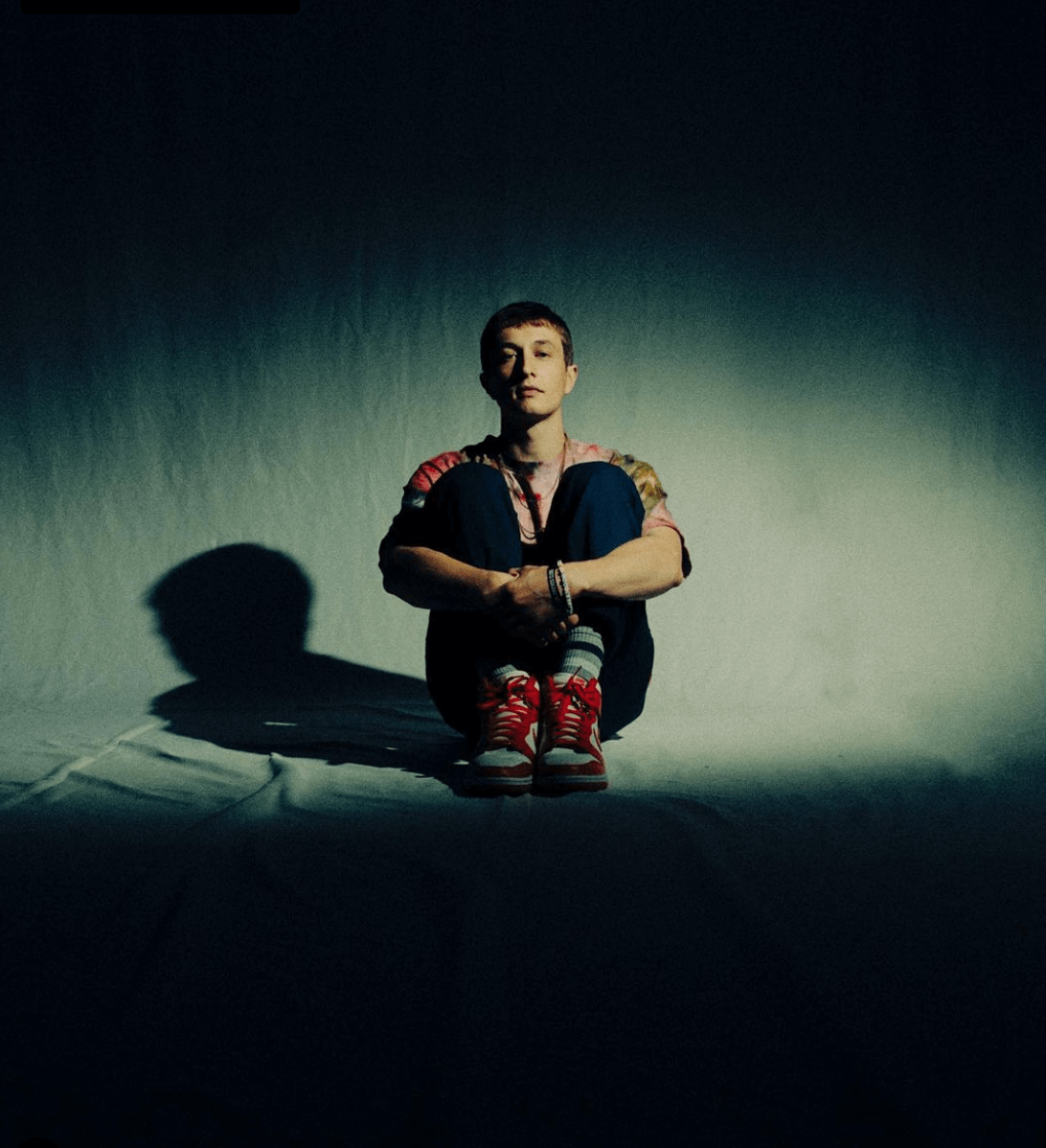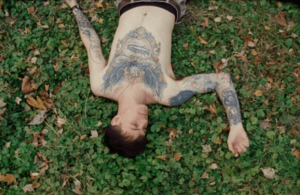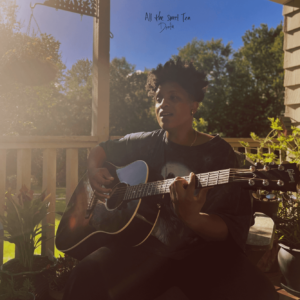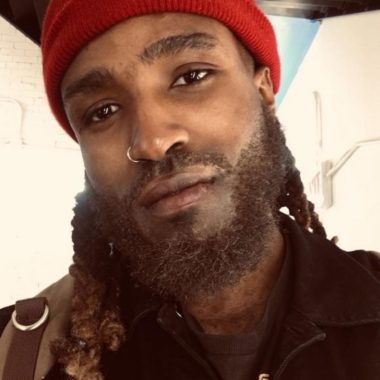Mental health has often been a topic discussed in hindsight. One musician is tackling the topic in a creative way with the release of his new short film and album. My interview with musician Dylan Owen below.
Roderick Thomas: Glad to speak with you, how are you?
Dylan Owen: Doing well, thank you!
RT: Where are you from?
Dylan Owen: I’m from upstate, Orange County New York. I lived in a few different towns up there and that’s where music started for me.
RT: Are you more of a filmmaker or a musician?
Dylan Owen: Definitely more of a musician. This film is a bit different for me. I’ve never done anything like this before.
RT: What made you get into music?
Dylan Owen: Watching my older brother playing in punk bands inspired me to get into music. I would always go to see him play in divey venues.
RT: You made a short film for your song “How to find yourself”
Dylan Owen: Everything comes easily, I’m a super visual person. Growing up I would draw a lot, I was a huge x-men fan as well. When I’m creating music I see everything
RT: Have you had a moment where you’ve felt like you made it?
Dylan Owen: When I was in high school it was such a small town, I felt like having a packed coffee shop or packed bar, felt like I’d made it. It’s funny, looking back because these were really small venues, but those were formative for me.
RT: Why’d you move to NYC?
Dylan Owen: I think it was more for personal growth for me than anything else. I don’t see NYC as really helpful industry-wise. I felt stagnant in my little town. I want to expand.
RT: Tell me about your upcoming EP
Dylan Owen: My latest project is called Take care of yourself, and the lead song is called “How to find yourself”
RT: What were some inspirations for this EP?
Dylan Owen: At the beginning of quarantine, I moved upstate and lived in a super small town, I’d just broken up with a long-term partner and I felt like I was starting my life over. I started going inward and figuring out my journey. I wanted to share something that other people could relate to.
RT: Did you find it hard to create?
Dylan Owen: It had been a while since I’d released music. I needed to get inspired again. And all the things that were happening around me, and in the world… how could I not create?
RT: Why focus on mental health?
Dylan Owen: Mental health discussions are so important. The whole point of the film is to get people to talk about mental health and normalize mental health discussions.
RT: For your short film, you worked with Emmy award-winning director Brian Petchers, how did that come about?
Dylan Owen: Brian and I actually set out to make this piece together, We’ve been friends for a while. He heard the music from the EP even before there were vocals on the instrumentals.
RT: The film looks beautiful, and very well thought out
Dylan Owen: We shot this on analog film, and worked with cinematographer, Dan Kennedy. We wanted people to feel represented, in thoughts, and looks. We shot the video in Washingtonville New York
RT: Any favorite musicians? What’s inspiring you right now?
Dylan Owen: The Wonder years, I love their lyrics. Their genre is different, but I just love their writing. These days, I’ve been really inspired by Ceschi Ramos. He does very interesting music, he’s so unique.
RT: Any particular goals you have for the film?
Dylan Owen: I just want more people to see it. My fans are super supportive. I want a wider audience to be exposed to the film and the music, and get people’s feedback.
RT: Where can we find How to find yourself, the short film?
Dylan: It’s currently on Vimeo, and on my youtube channel.
RT: Planning to do any private screenings?
Dylan: Yea I’m looking forward to doing that
RT: When does the album come out?
Dylan Owen: December 1st
RT: What do you want your legacy to be?
Dylan Owen: I want my catalog to encourage people and help people reflect on themselves and make people feel inspired.
RT: Dylan, it’s been a pleasure.
Dylan Owen: Thank you!
Check out Dylan Owen’s short film, How to find yourself, on Youtube Vimeo. As well as his upcoming EP, How to find yourself coming this December.
Roderick Thomas is an NYC-based writer, filmmaker,
(Instagram: @Hippiebyaccident, Email: rtroderick.thomas@gmail.com, Site: roderickthomas.net)












